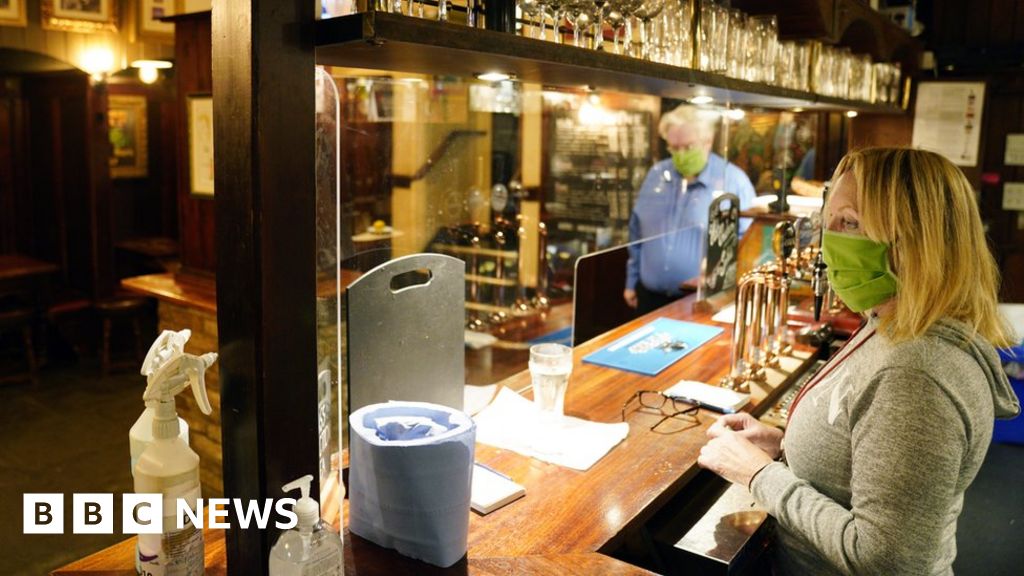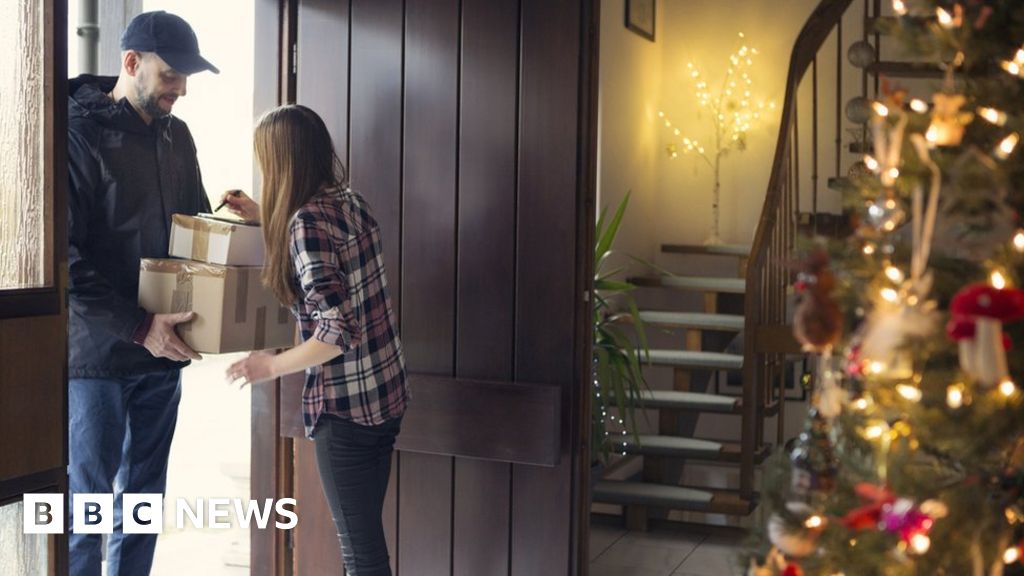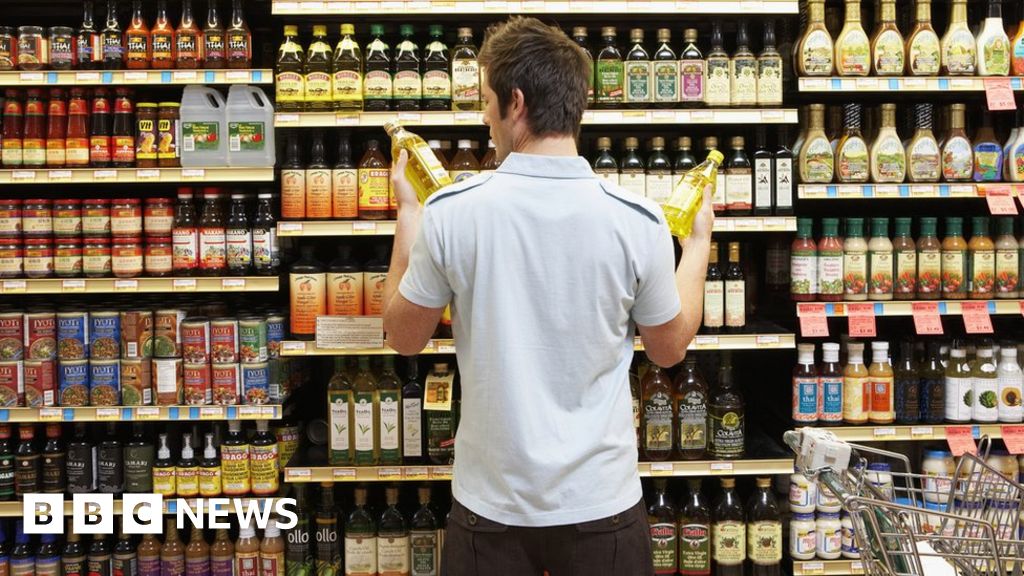 Image copyright
James Farrar and Yaseen Aslam
Image caption
Former Uber drivers James Farrar and Yaseen Aslam
Image copyright
James Farrar and Yaseen Aslam
Image caption
Former Uber drivers James Farrar and Yaseen Aslam
Two former Uber drivers will face the ride-hailing giant in court on Tuesday in a case that will decide whether Uber drivers should be classed as workers or self-employed.
Yaseen Aslam and James Farrar say by classing drivers as contractors, the firm denies them basic rights.
But Uber says the "vast majority" of its drivers like being freelance.
"This is our final showdown with Uber but the stakes could not be higher," says Mr Aslam.
Jamie Heywood, Uber's regional general Manager for Northern and Eastern Europe, said: "Drivers can determine if, when and where they drive, but can also access free AXA insurance to cover sickness or injury, as well as maternity and paternity payments."
Why does this matter?
The courts ruled in favour of the drivers in 2016 and Uber lost a subsequent appeal in 2018.
Now the US ride-haling firm has appealed again to the UK's Supreme Court, whose decision will be binding.
Image copyright Getty ImagesIts judgement will affect the working rights of tens of thousands of Uber drivers across the UK, and could leave Uber facing a hefty compensation bill.
Rachel Mathieson, of Bates Wells, the law firm representing the drivers, says there could wider consequences for the so-called gig economy.
"This landmark case will have enormous implications for how well, or badly, workers in the fastest growing sector of the economy are treated."
What do the drivers say?
Mr Aslam and Mr Farrar argue that as drivers for Uber they should have been classed as employees because the firm had so much control over them.
For example, Uber records passenger details but does not pass them on to drivers; it also stops drivers from providing their contact details to passengers, which drivers would be allowed to do if they were independent contractors.
Mr Farrar, who now leads the United Private Hire Drivers' union, said that by classing drivers as freelancers, Uber avoided having to offer holiday pay, paid rest breaks and the national minimum wage.
"[Working for Uber] we are not in business on our own account. We are in business as part of somebody else's business," he told the BBC.
"I don't control the customer, I don't control the price. I'm effectively performance managed and I'm penalised. So I am definitely under Uber's control."
What does Uber say?
Uber argues that it isn't a traditional taxi firm, but a "ride-hailing app".
It says it doesn't own a fleet of cars or employ any drivers, but acts as an agent - providing the technology to connect drivers with passengers and process payments.
It pointed out that unlike taxis, Uber drivers aren't allowed to accept jobs where a customer hails them in the street. It all has to be done through the app.
Uber also says thatdrivers like the flexibility of being freelance, and that its working practices have changed since 2016 when the case was first brought.
For example, it says its drivers have more control over their business as they are now able to see a rider's destination before they choose to accept a trip. They also have no obligation to log on to Uber's taxi booking app.
Media playback is unsupported on your device
The US firm said that 9,000 UK drivers benefited from its free health insurance in 2019, and a recent Oxford University study showed drivers in London were earning well above minimum wage.
"Over a number of years we've made significant changes to our app to offer more benefits with total flexibility," Mr Heywood said.
What could the outcome be?
If successful in their case, the Uber drivers could be entitled to an average of £12,000 each in compensation, according to law firm Leigh Day.
The firm - which is representing drivers seeking compensation - believes tens of thousands of Uber drivers could be eligible to make a claim.
However, Uber will only be legally required to compensate those who have brought a claim.
Nigel Mackay, a partner in the employment team at Leigh Day, said: "If Uber loses, it will have no other option but to compensate those drivers who have brought claims for failures to provide holiday pay and where the company has paid them below the minimum wage."
The hearing will last two days but a ruling could take months.

 5 years ago
775
5 years ago
775 

